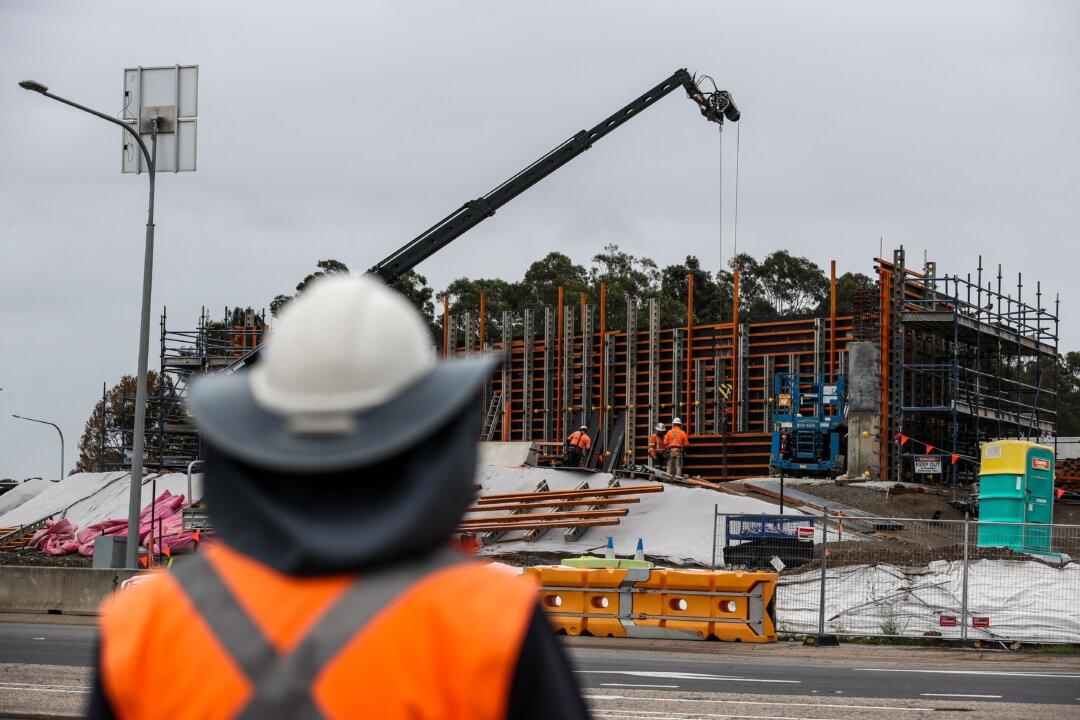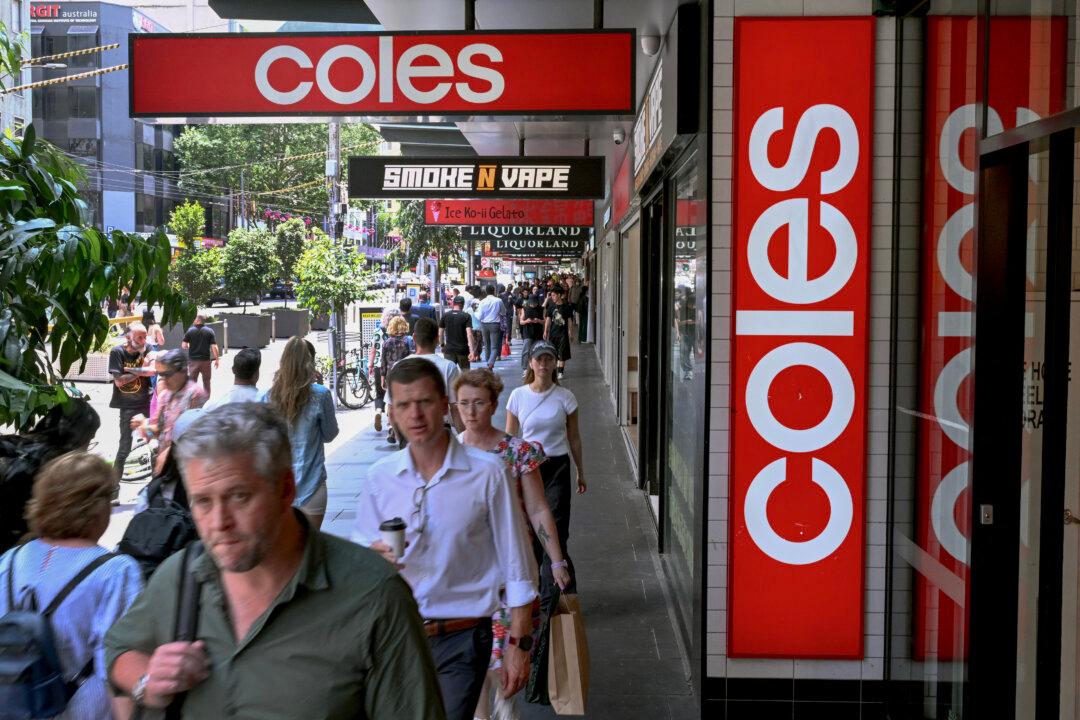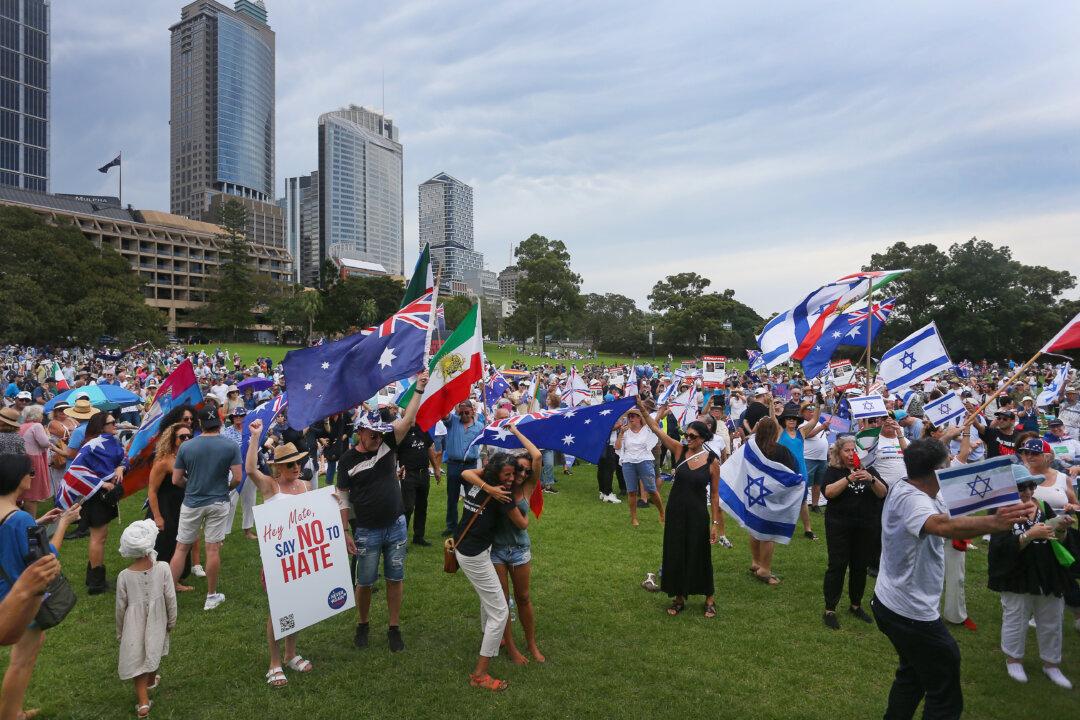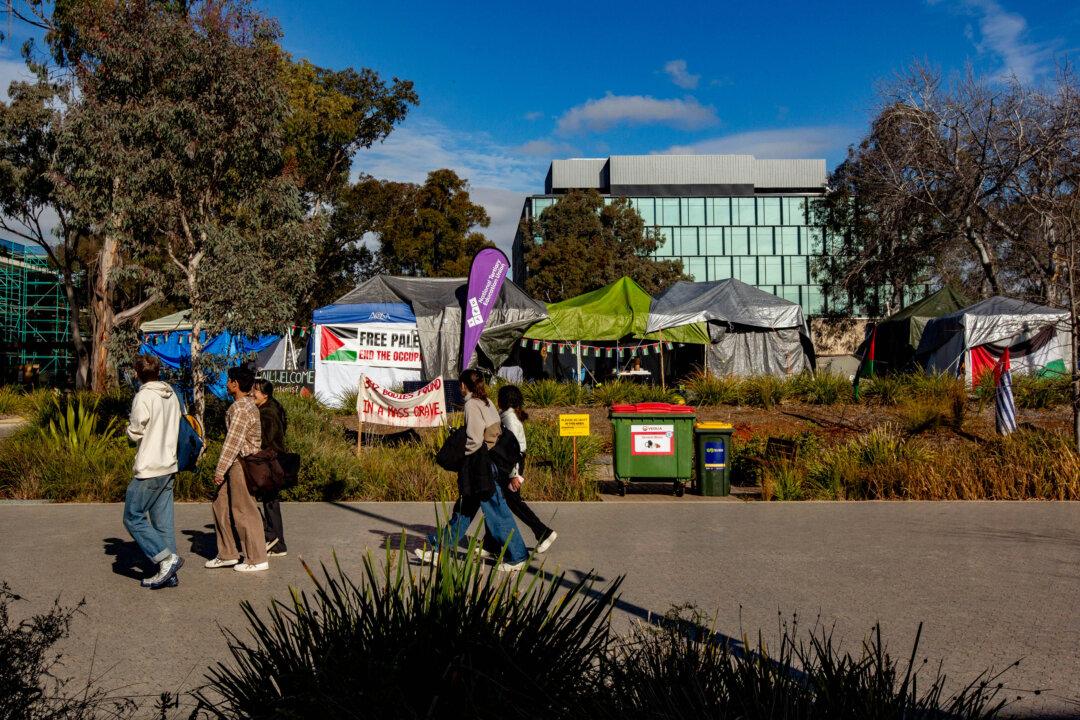The Australian government is considering the possibility of raising the annual skilled migration intake to deal with labour shortages in many critical sectors.
Skills and Training Minister Brendan O'Connor said he was open to increasing labour supply across Australia as it had the second highest labour shortage among OECD (Organisation for Economic Co-operation and Development) countries.
New Skilled Migration Threshold Not Decided Yet
The minister said that while the threshold would be subject to conversations and debates, the government’s final decision would be in the country’s best interests.“When it comes to looking at the immigration threshold, we are examining where the shortages are.”
In addition, O'Connor noted that Australia had seen a significant decrease in the number of permanent skilled workers in the past few years due to the COVID-19 pandemic.
Changes In Migrants’ Overseas Qualifications Assessment Hinted
At the same time, the minister hinted at changing the way migrants’ overseas qualifications were assessed to address some existing issues in the current skilled migration program.However, he said that the government was not looking at reducing the standard, but rather making sure it measured properly the skills and competencies of people coming into Australia.

“We don’t want people to undertake training where they’ve already got a sufficient level, a satisfactory standard of skills or knowledge,” he said.
“But we want to have a better way of assessing that capacity and actually recognising prior learning both in the existing labour market and amongst those overseas, provided the standards are maintained.”
Furthermore, many migrants had to work in jobs lower than their skill levels or occupations different from those nominated in their visa applications, while many others had to take additional courses or training in Australia.
Meanwhile, Australian Council of Trade Unions president Michele O'Neil said although the peak body supported a lift in skilled migration, it wanted to see any increase be backed up by independent verification of the claimed labour shortages and proper evidence of qualifications.
“They look first to bringing in visa workers instead of providing skills and training to workers in Australia.”





